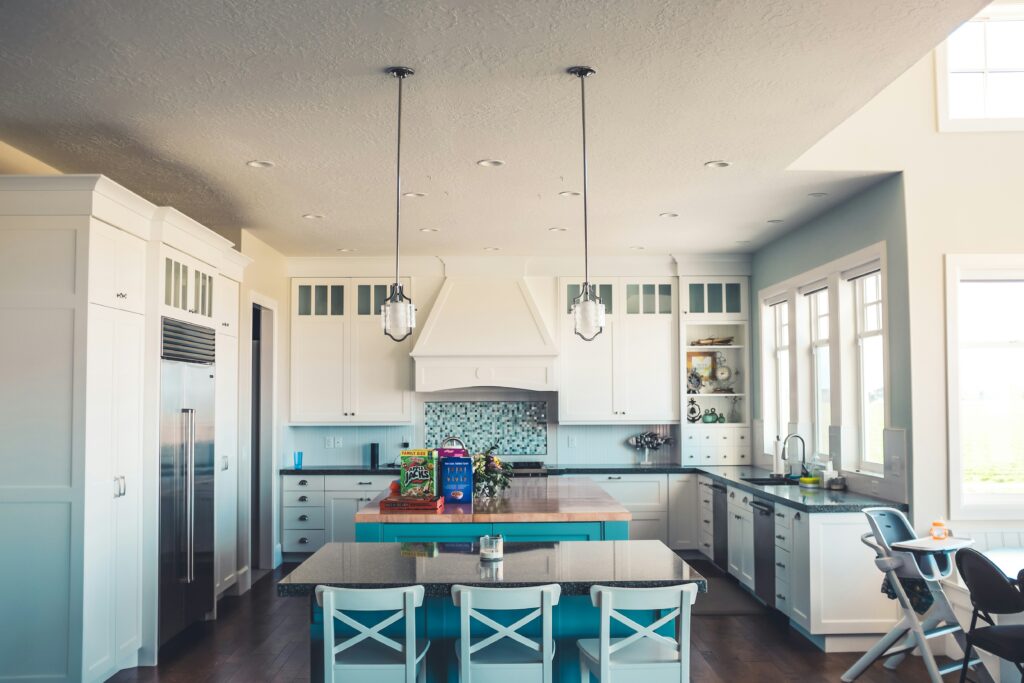Purchasing a new home can be a smart financial move by building equity, providing tax benefits, and serving as a long-term investment. Homeownership offers stability, with monthly payments contributing toward ownership rather than rent. Additionally, property values often appreciate over time, enhancing wealth. It’s both a financial asset and a step toward personal financial security.
The Financial Perks of Buying New
Investing in a new home offers both comfort and financial benefits. Explore options at https://myelliotthome.com/available-homes/ to find a property that suits your lifestyle and long-term goals. Modern homes use energy-efficient technologies, reducing utility expenses. Homes built after 2000 consume 21% less energy for heating than older ones. These energy-saving features are standard in many homes, resulting in substantial savings over time. These unnoticed savings can total hundreds or thousands of dollars a year, yet buyers frequently ignore them.
Save on Maintenance Expenses
New homes offer a significant advantage over old ones by minimizing unexpected maintenance expenses. They are built to modern standards, and new homes last longer with fewer repairs needed. Common repairs like roofs, plumbing, and electrical systems are rarely an immediate concern. Many new homes have warranties covering major appliances and systems for several years, reducing unplanned expenses. The security of decreased maintenance significantly enhances the appeal of new constructions, allowing homeowners to allocate resources towards other priorities instead of costly repairs.
Tax Benefits and Incentives
One of the more exciting advantages of buying a new home is the array of potential tax benefits and incentives. Profitable deductions that may significantly reduce a homeowner’s taxable income are mortgage interest and property tax deductions. These financial perks often make a notable difference during tax season. Furthermore, several states and municipalities offer rebates or tax credits for homes built with energy-efficient or environmentally friendly materials. These incentives can alleviate the initial investment costs and translate into long-term financial savings, enhancing the overall value of purchasing a new home.
Appreciation Potential
New homes in growing communities often boast an impressive appreciation potential. As neighborhoods develop and improve, the demand for local amenities such as schools, healthcare facilities, shopping centers, and recreational areas increases. This growth naturally enhances the area’s appeal, driving property values upward. Homeowners who invest early in such communities may appreciate their property significantly over time. Strategic planning and research into developing areas can lead to intelligent investments that yield excellent returns. As infrastructure and amenities continue to expand, early adopters of newly constructed homes stand to benefit from a high resale value.
Customization and Modern Amenities
One of the appealing aspects of buying a new home is the opportunity for customization. Numerous builders allow purchasers to customize certain elements, such as floor plans, fittings, and finishes, enabling homeowners to customize their living areas to suit their preferences and requirements. This level of customization can prevent the need for costly renovations later down the line, as the home satisfies personal requirements from the outset. New homes often come equipped with modern amenities that offer convenience and comfort, such as innovative technology solutions, high-efficiency appliances, and advanced security systems. These features enhance a home’s livability and increase its market value.
Higher Resale Value
New homes typically hold a distinct advantage over older ones regarding the resale market. These homes are more desirable to prospective purchasers because of their modern architecture, increased energy efficiency, and transferable warranties. New homes also benefit from being perceived as problem-free, which can translate into faster sales and higher selling prices. This advantage in the resale market ensures that the investment in a new home continues to pay off, even when the homeowner decides it’s time to move on. For future-minded buyers, the combination of minimal repair costs and a higher likelihood of appreciation ensures that new homes are an attractive choice.
Community and Lifestyle Perks
New housing developments are often designed with community and lifestyle enhancements in mind. Including shared recreational facilities, such as swimming pools, gyms, parks, and walking paths, promotes a sense of community and enhances quality of life. These lifestyle perks add a layer of desirability to new homes that older properties might lack, making them more attractive in the real estate market. The availability of such amenities contributes to the residents’ overall well-being and can boost the property’s market value by enhancing the living experience and community appeal.
Emotional and Financial Stability
Homeownership provides financial benefits and emotional stability, offering a sense of permanence and belonging. Stable housing costs, unaffected by market fluctuations, offer a predictable monthly budget, enabling better financial planning and peace of mind. This secure living situation lets homeowners focus on long-term goals like career advancement or family planning. Buying a new home offers both emotional satisfaction and financial predictability, making it a rewarding decision.
